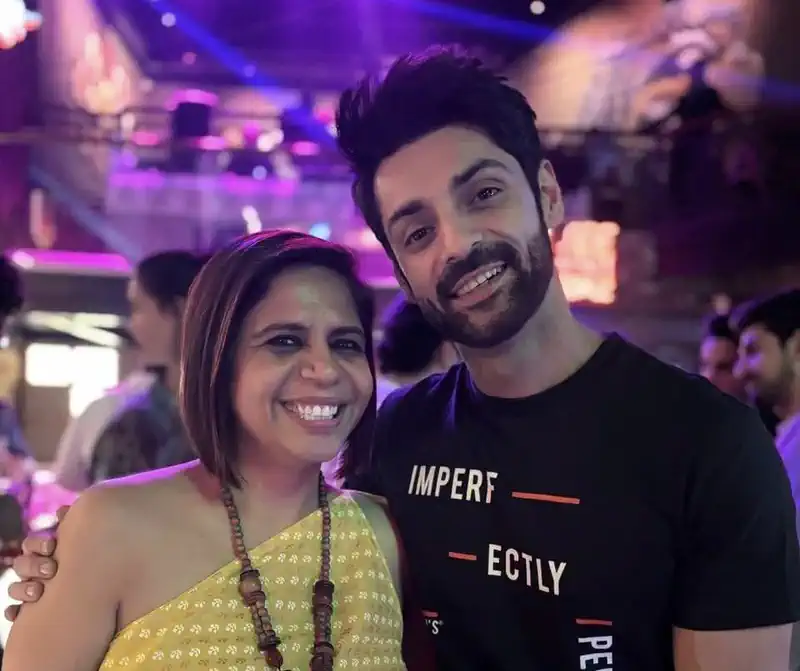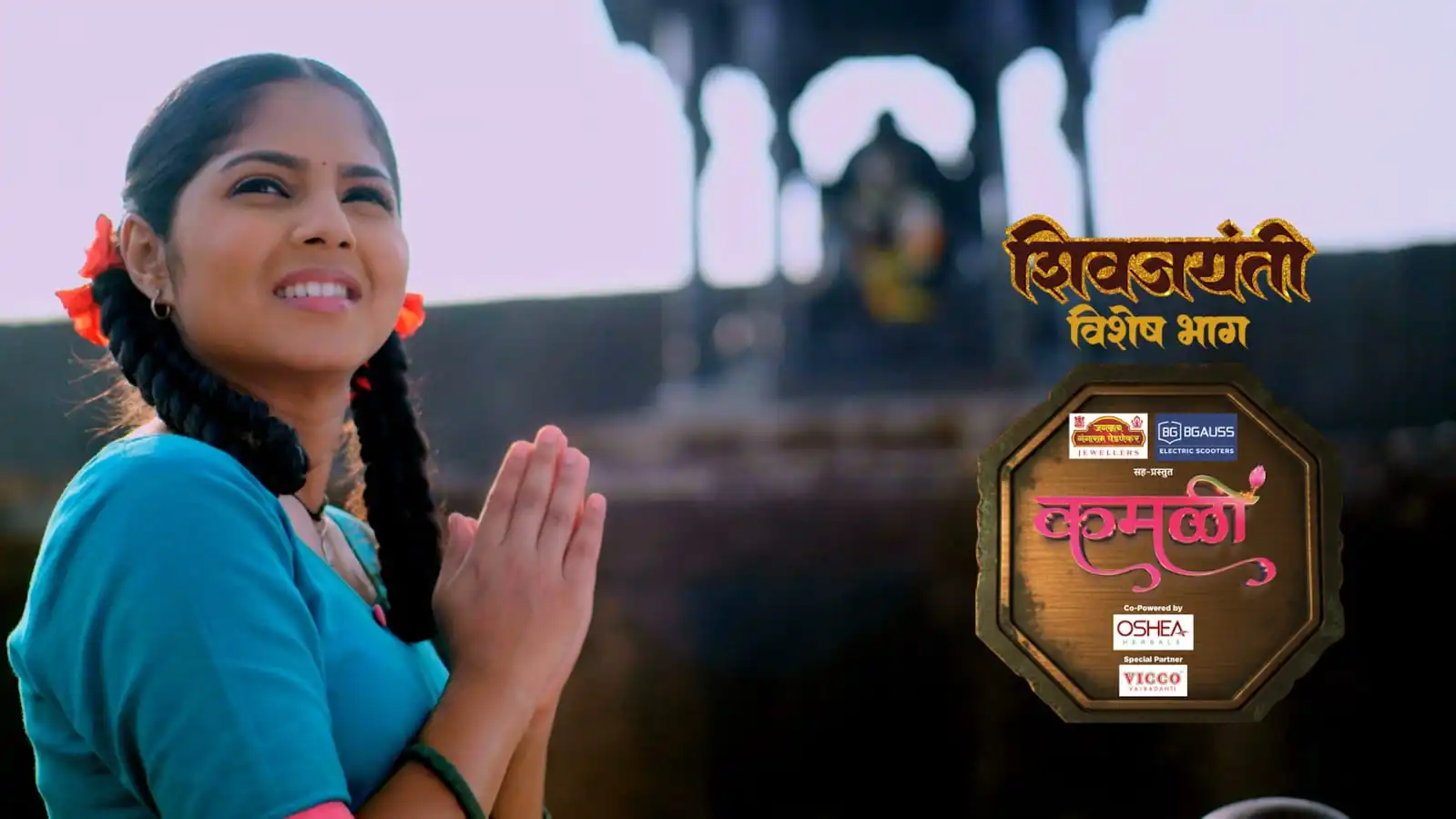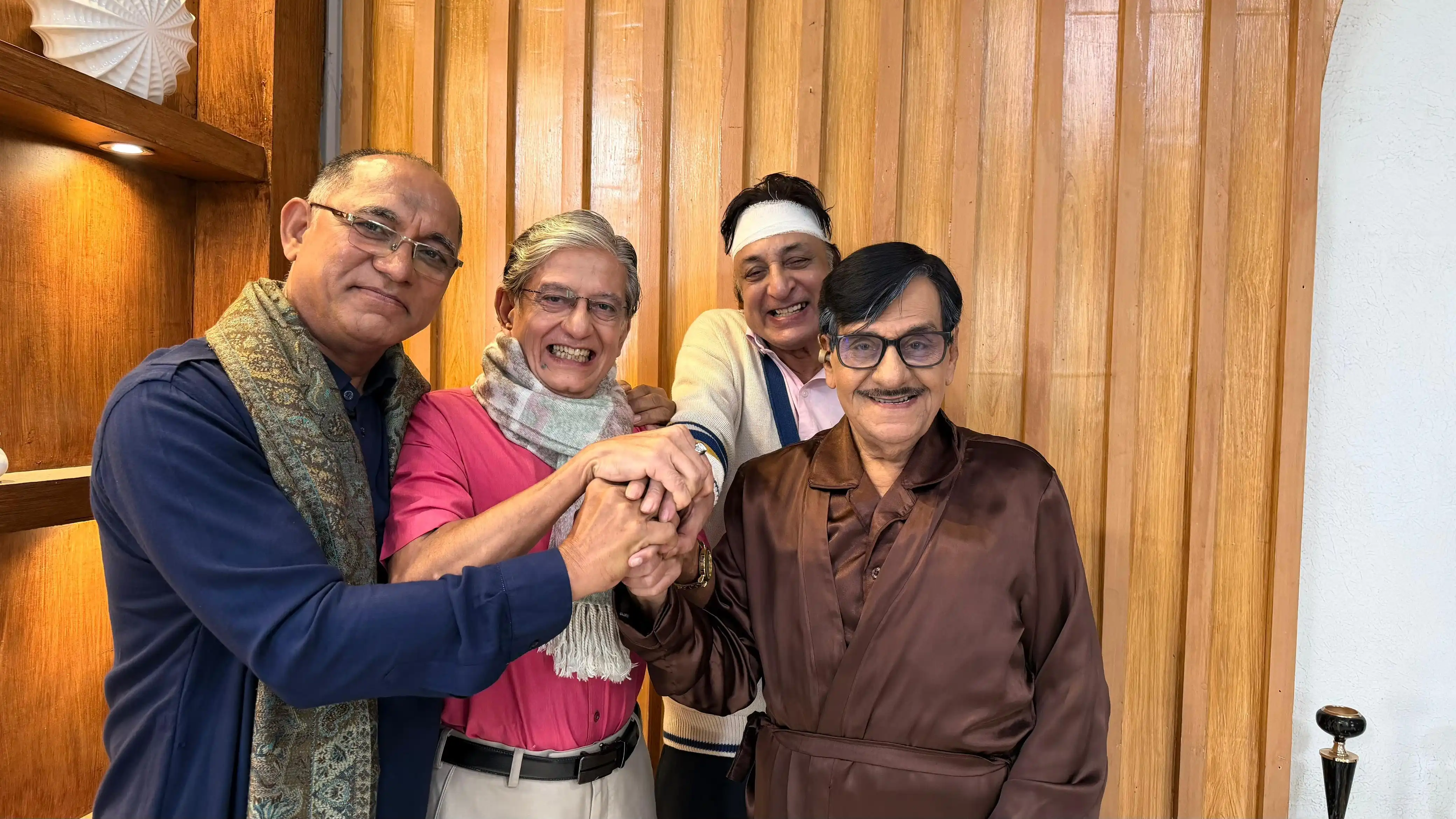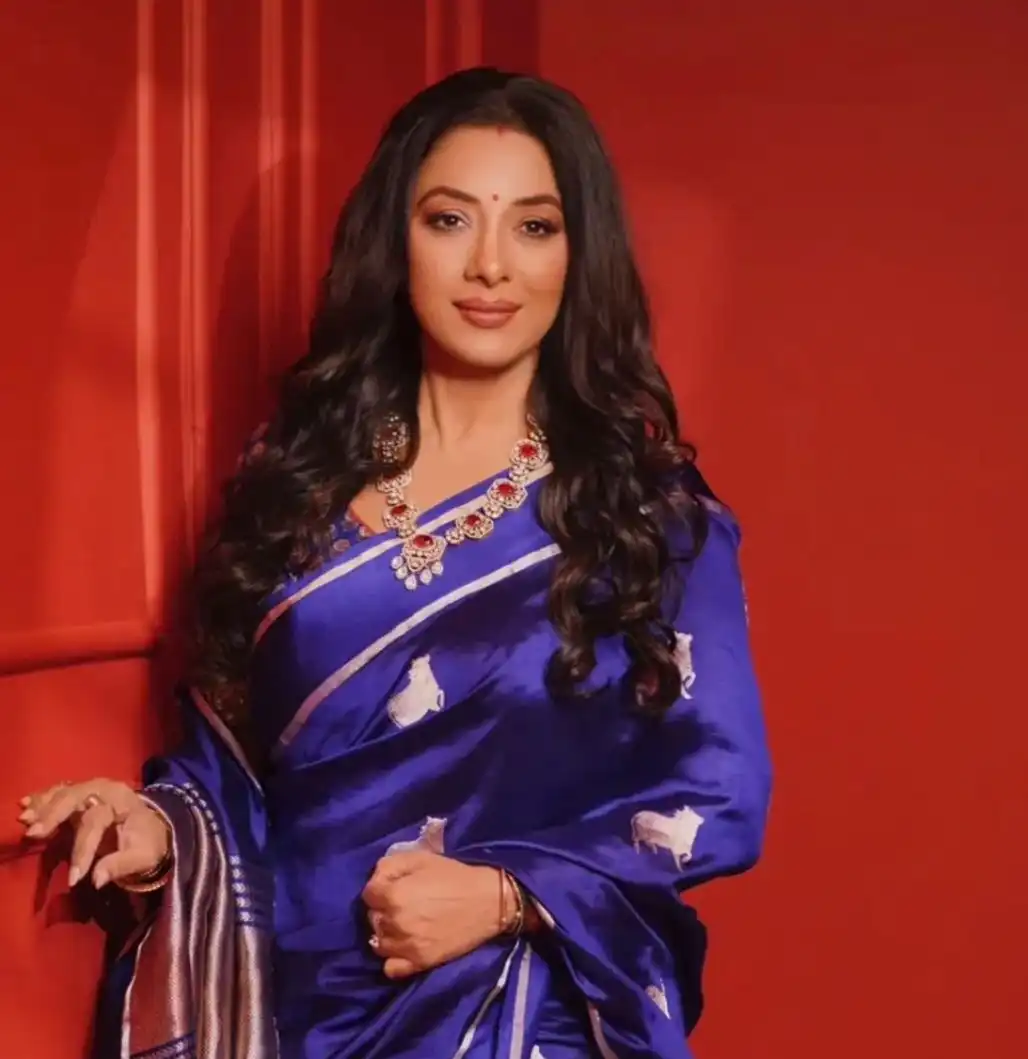Raisinghani vs Raisinghani was not an ordinary project for writer Anuraadha Tewari, who has penned the films Fashion, Heroine, as well as shows such as Seven, Yeh Meri Life Hai and Shararat amongst others. She says that this was the first time, in her 20-year-career, where she had no idea who the audience were.
“This show has been such a pleasant surprise for all of us! You see, when we started, we had no idea who the target audience was going to be. It was a first for me because I always know the audience I am writing for, for all my past projects. But here, it was like an invisible set of people I am narrating a story to. So, I wrote it through the lens of pure structure. I went into it referring to the client brief and what SonyLiv wanted to achieve through it. I used my instinct on what it should say and I used my experience of 20 years as a freelance writer. Essentially, I went into it with pure faith. And lo and behold, it found it’s audience! In its very first week and for a whole month it has been part of the Top 5 most viewed shows online. For 2 weeks, it was even the most viewed fiction show. How does it get more gratifying than that!” she says.
Meanwhile, she calls this show TWEB. Talking about this new genre, she says, “I do believe I have coined a new term and a new genre of sorts! I call it TWEB, because, you see, it’s not the same as what people usually see on TV. Stories are essentially about structure, and structure is further defined by the cinematic grammar of the medium. For example, the cinematic language of a daily soap on TV that runs for 500 episodes is vastly different from a two-hour film which, in turn, is not the same as an 8-episode, 30 minute web series. So now, on the web, when they came up with the long format, it was about 24 episodes of an existing TV show in its web avatar. The structure of it changed for the web but the cinematic grammar for those shows remained that of TV. That’s what was called, ‘TV Plus Plus’. However, when this show was handed to me, it was a whopping 130 episode story with a backdrop that couldn’t possibly be like TV in its cinematic grammar. In short, nothing about it was TV. And yet, I didn’t have the luxury of an 8-episode, tight narrative written over 3 years. So really facing a wall, I did the next best thing. Which is to come up with a new genre altogether. It has the texture of films in its character and world creation, it has the structure of a web series in its episodic narrative but has the emotional tropes of a TV drama. These were all the mediums I had written for in 20 years already. I just found the most time efficient way of mixing the 3, considering I have to write an episode every day and voila, TWEB was born!”
Raisinghani vs Raisinghani has already been getting awards! “Yes, that is another mega surprise! I mean we are just one month old on air, and it’s already a hit! Though of course by traditional web series standards that’s ancient history (laughs). But it seems that the lead pair of Jennifer Winget and Karan Wahi has not only caught the fancy of the nation with their unusual ‘situationship’ but also made an impact as a pair that seems award worthy in its performance. So, more power to them and here’s hoping for many more. I do hope that Virat and Anushka turn as iconic as the original!” she says.
Anuraadha adds that it was fate that got her to this project. “I am a person who lives in faith and believes in miracles on a daily basis. I like to be open to new adventures and for the unplanned all the time. I like to reinvent. This show is a very big validation of that. When Smruti Shinde, the concept creator and producer came to me with it a whole year ago, I was only meant to do the show bible. But somehow, while writing it step by step I got involved with creating its characters, the season story and beyond. It simply became an extension of so many things around me. It became a mouthpiece of all that I want to say through a story. Through Anushka’s character, played by Jennifer Winget, I found the voice of the urban Indian working woman whose complexities are unique and who often becomes black or white on our screens. Here was my chance to paint her in all the layers possible. To make her powerful and still an underdog. So really, it became as gratifying an experience as when Priyanka Chopra played Meghna Mathur in my film Fashion or Kareena Kapoor Khan played Mahi Arora in Heroine. In a strange way, this felt like the completion of that Trilogy.”




